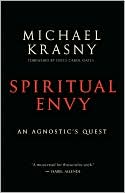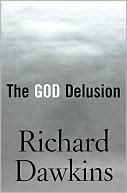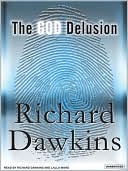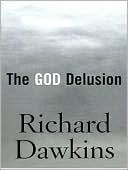Spiritual Envy: An Agnostic's Quest
Search in google:
As the host of one of National Public Radio’s most popular interview programs, Michael Krasny has spent decades leading conversations on every imaginable topic and discussing life’s most important questions with the foremost thinkers of our time. Now he brings his wide-ranging knowledge and perceptive intelligence to a thoughtful and thought-provoking exploration of belief — and lack of belief.Many books and pundits advocate for a specific God, while others adamantly declare there is no God. Yet these strident viewpoints often speak right past each other, rarely convincing anyone but the already convinced. In Spiritual Envy, Krasny helps believers and nonbelievers alike understand their own questions about faith and religion, about God and human responsibility. Krasny challenges each of us to look closely at faith and its power, and to examine the positive and negative aspects of religion as expressed in culture, literature, and human relationships. Personal and universal, timely and timeless, this is a deeply wise yet warmly welcoming conversation, an invitation to ask one’s own questions — no matter how inconclusive the answers. Publishers Weekly The contention between the "new" atheists and the devout is causing a resurgence in agnostic studies. Krasny (Off Mike) is a public radio host and a self-declared agnostic, maintaining a position that "stands open to verification of either side of the God question." Deftly balancing biography and literary scholarship, the book is both a personal examination of agnosticism and a balanced voice in the complex debate over faith's role in society. Krasny grew up a strong believer in his Jewish faith, until adolescent questioning led him to declare he just wasn't sure. Despite a lost connection with God, the young Krasny continued to seek a divine presence, even admitting to feelings of envy toward those possessing "the consolation of faith." In this book, agnosticism is a tool to philosophically engage with various manifestations of faith including organized religion, spiritual-but-not-religious sentiments, and even paranormal theories. Readers expecting a late chapter conversion will be disappointed; Krasny remains agnostic to the end, even while declaring his respect for the benefits religion can bring to believers. (Oct.)







